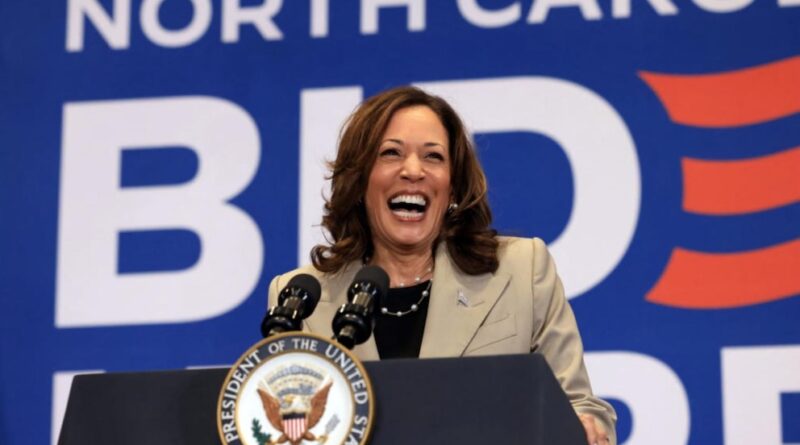Harris: Another Farce in Play, Or Genuine Disenchantment with Corruption?
Kamala Harris has recently criticized what she views as a ‘faulty’ political system. Yet intriguingly, she seems to remain committed to supporting her liberal beliefs, especially given that she has not definitively ruled out the prospect of a 2028 Democratic Presidential nomination. Instead of running for governor in California as one might expect, she’s chosen a different route. Her preference? Engaging with the public in ways that don’t immediately point to political ambitions. For now, her goal isn’t to maneuver within the political arena anymore.
Harris seems to have taken a conscious step back from her political pursuits, professing a desire to traverse the country, lending an ear to the American people, and conversing with them. According to her, it should not be a mere exchange where she’s asking for their votes. But one can’t help but question whether this choice is for the right reasons, or merely another political game.
Interestingly, despite this decision to hit the pause button on her immediate political ventures, this doesn’t appear a definitive end to her engagement in politics. Is she eyeing another race, possibly aiming for the White House again? One can only speculate. Her audience seemed to approve of her criticism of the system, but a critical look indicates a correlation to President Trump’s administration and his distinct approach to governance.
Harris evidently is still wrapped up in a battle of her own, one against an administration she criticizes while she herself remains part of the very system. Amidst severe queries about her future political endeavors, she affirms that her fight is far from over. But isn’t that mantra simply reflective of perhaps another political strategy on the horizon?
This sentiment marks Harris’ first significant public engagement since she vacated office on January 20, following a defeat in the 2024 election by Trump. Expectedly, the former Vice President seemed taken aback by the strength of support that Donald Trump received from various influential entities and institutions during his second term.
Harris pointed out her failure to anticipate ‘the surrender’ in her words. According to her, many who allegedly protect our system and democracy seem to have simply succumbed to Trump’s victories. Yet, it’s hard to not question the depth of her understanding of the political landscape, given that she failed to see this ‘surrender’ on the horizon.
In another intriguing development, Harris is set to launch a book titled ‘107 Days’. The title takes inspiration from how long her campaign lasted after Biden gave up his re-election bid, thus passing on the responsibility to her. One can’t help but muse on the symbolic interpretation of the title, reflecting her short-lived tenure.
She makes it clear that she does not intend to join the bandwagon of those scrutinizing Biden, especially when questions about his dwindling final months in office are rife among Democrats. Yet, such a statement can seem paradoxical given her eagerness to criticize the political climate during Trump’s presidency.
So, while Harris keeps playing this ambivalent game – stepping away from direct participation in politics, yet not entirely ruling out future prospects – it makes one wonder about the sincerity of her words. Is this genuine disillusionment with a system she deems broken? Or is it simply a pause, a tactic possibly being used in anticipation of a stronger political comeback?
Let’s ponder this: if the system was so fundamentally faulty as Harris claims, why was she a part of it for so long? How could she not have anticipated power folding to power, isn’t that a fundamental characteristic of the political order?
Also, the release of ‘107 Days’ at this time appears suspiciously like a political move. Could this be an early signaling of her plans? Something to drum up interest or sympathy, or to increase public visibility in the run-up to a potential future campaign.
Despite her outward indifference toward Biden’s declining condition and the ensuing questions around it, Harris, in choosing to release her memoir now, seems to indirectly tackle it anyway. The book is, after all, a reflection of the period after Biden stepped back, so it’s indirectly related to his condition.
All of this points towards a fundamental question – if Harris is genuinely committed to talking with the American people without political motives, why not start by addressing the confusion within her own party? If the system is broken, as she vehemently states, why not discuss tangible solutions instead of apparent political maneuverings?
In conclusion, the questions and viewpoints surrounding Harris’ current position and potential future political ambition are worth considering. By opting out of the California Governor’s race and hinting at a tour around the country, Harris might just be creating a nuanced image in preparation for a wider national role.

